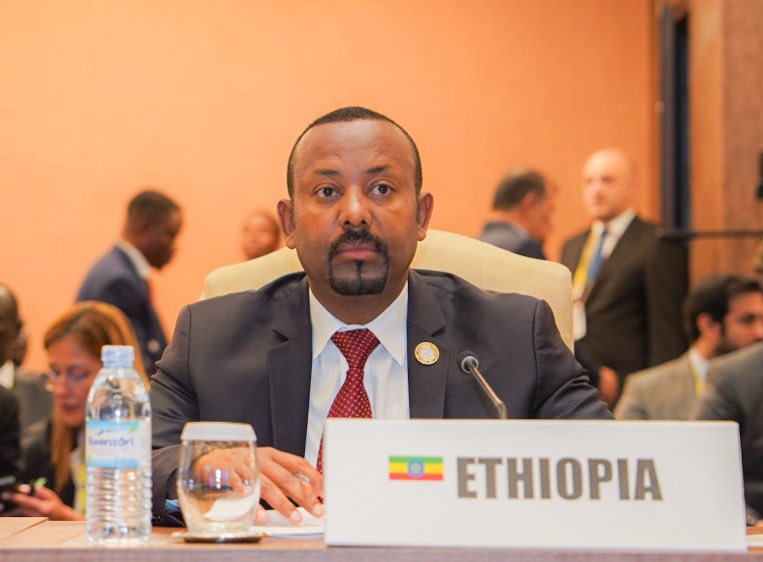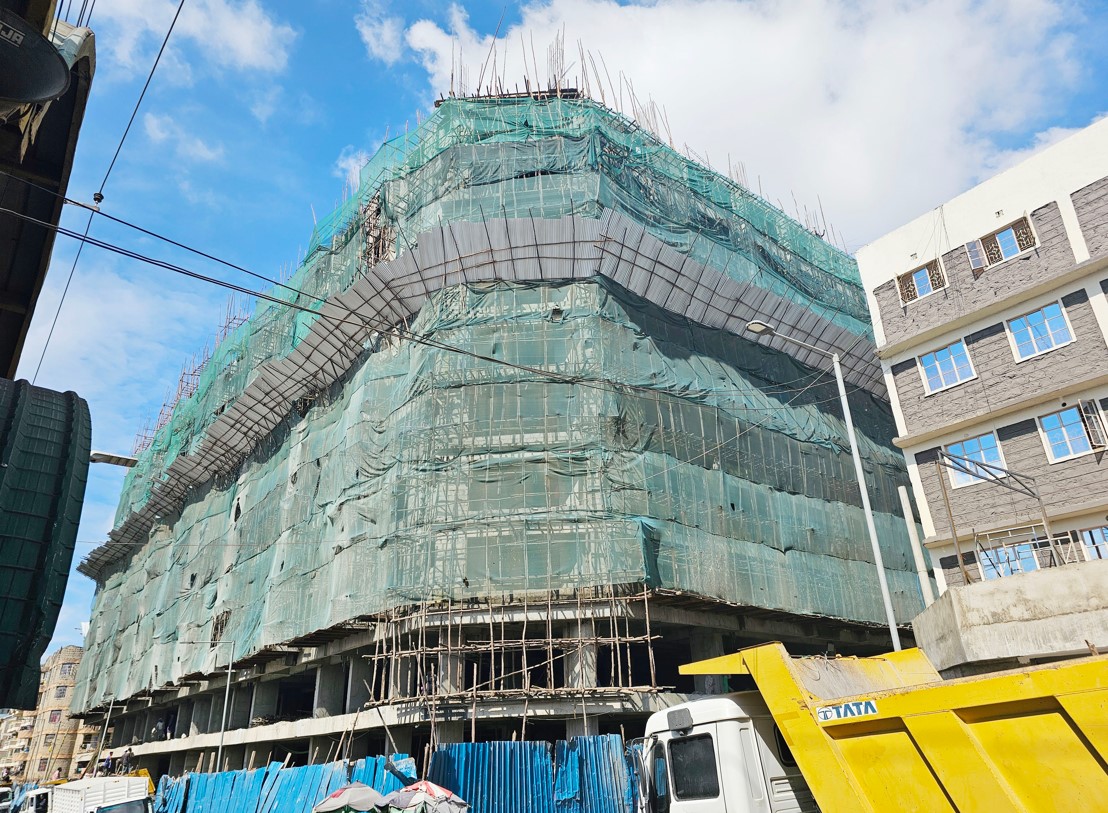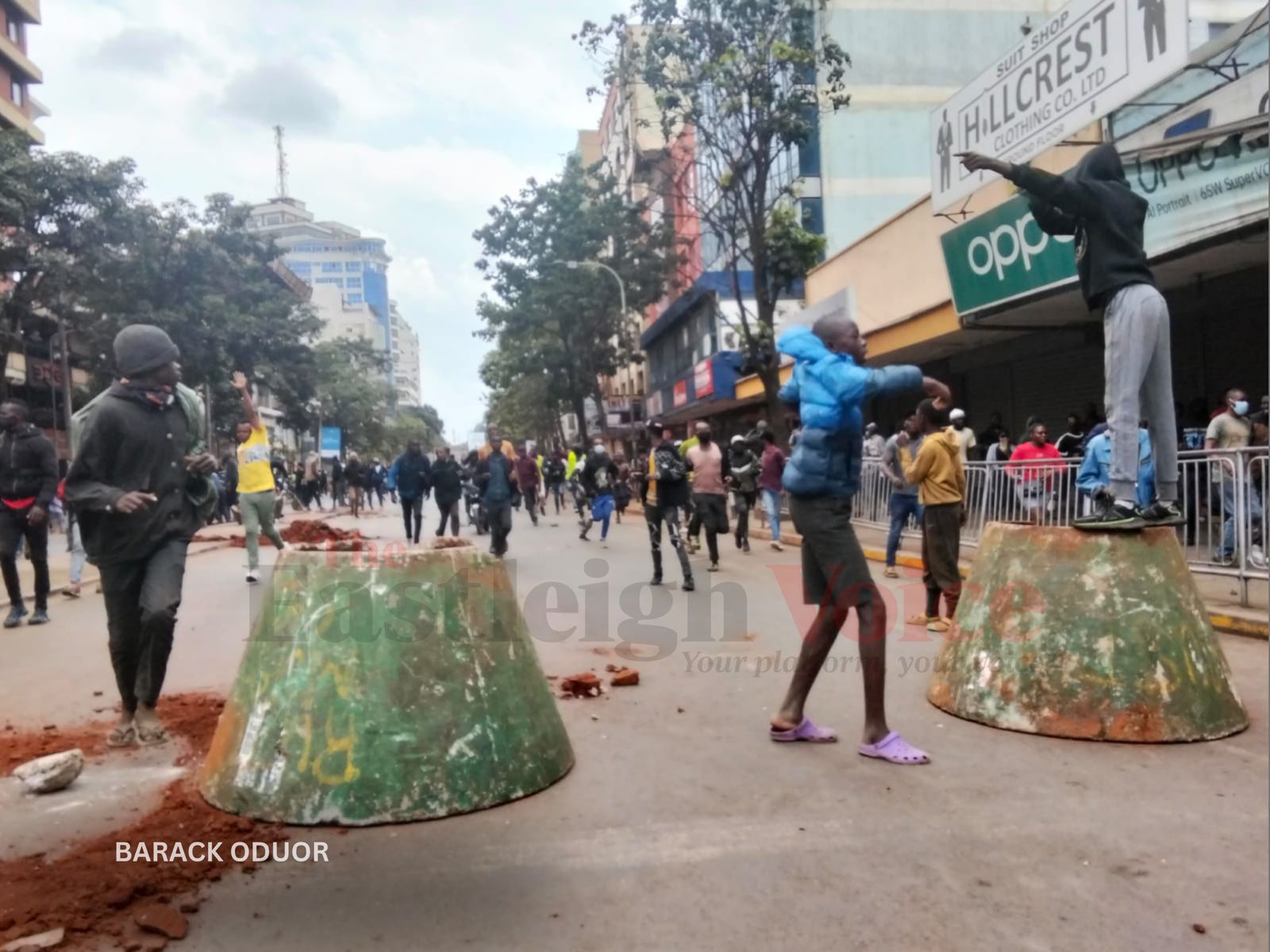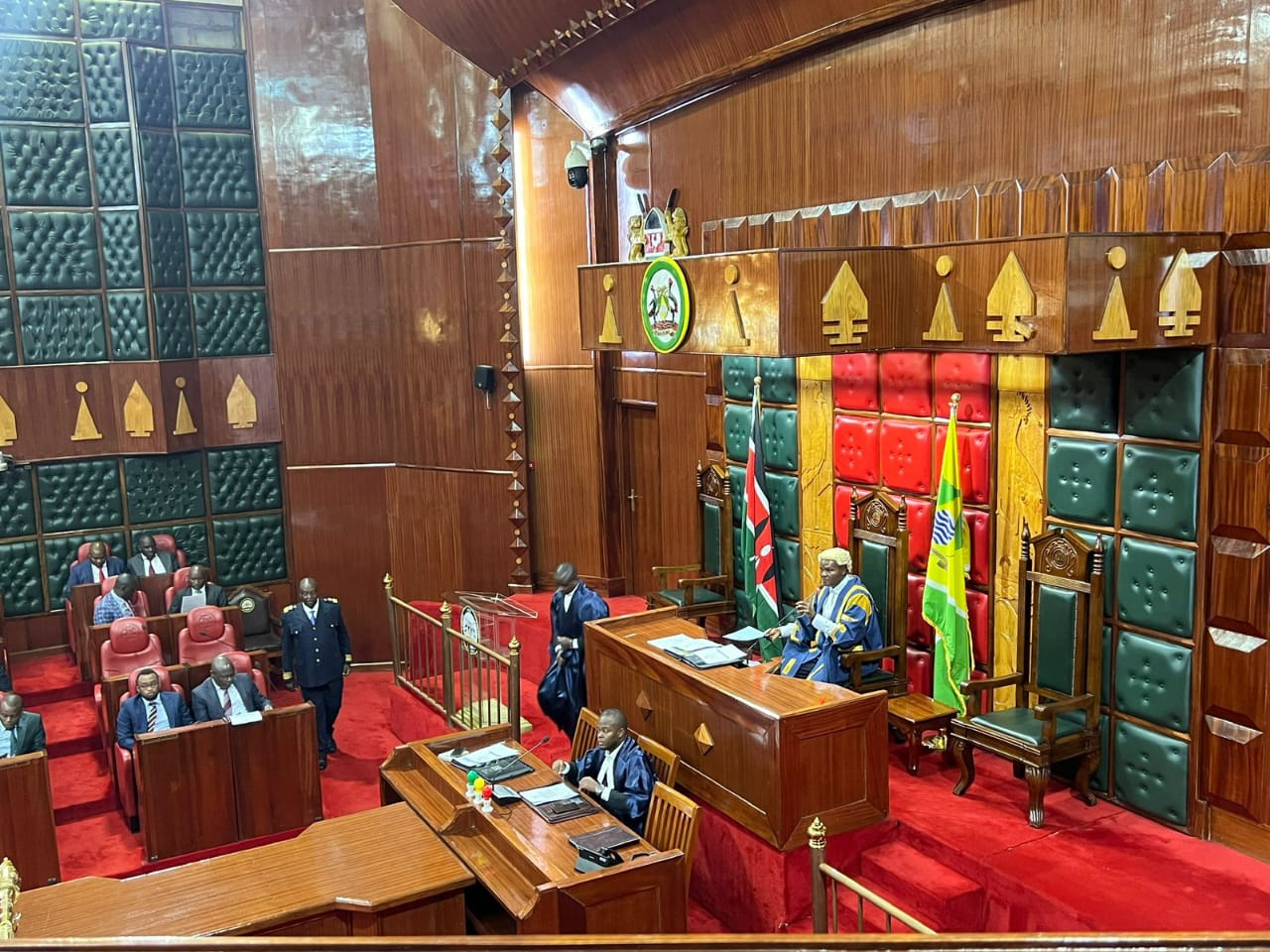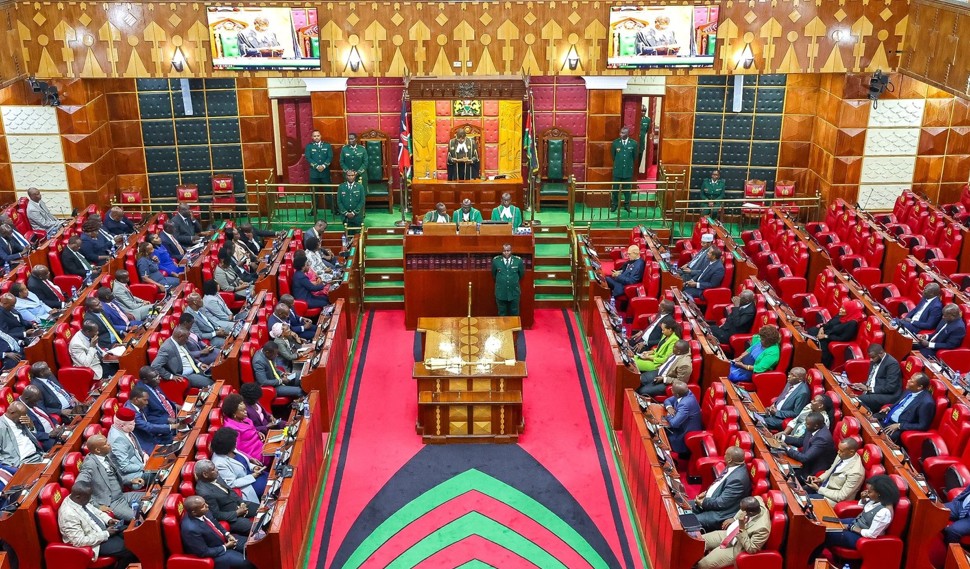Revised work permits for foreigners seek to improve Kenya’s global appeal

Mudavadi said the new regulations are designed to encourage regional integration, fairness, digital job growth, and increased foreign exchange revenue for the country.
The government has announced the introduction of new work permit categories for East African Community (EAC) traders, United Nations (UN) workers and charity organisations as part of ongoing efforts to streamline work permit regulations and improve operations for these groups within Kenya.
The changes, issued in a gazette notice on Tuesday, were highlighted by Foreign and Diaspora Affairs Cabinet Secretary Musalia Mudavadi.
More To Read
- Mudavadi defends state’s handling of June 25 protests, slams foreign envoys ‘for overreach’
- Kenya, Finland reaffirm support for Somalia peace efforts amid ATMIS drawdown
- Wheat traders to enjoy continued tax relief after EAC deal
- Turkana County to ban dual wholesale-retail businesses, warns of closures after June 30 deadline
- Regional watchdogs unite to curb cartels, tighten cross-border competition enforcement
- Kenya doubles down on One-China Policy to woo Beijing
Mudavadi explained that the amendments to the Kenya Citizenship and Immigration (Amendment) Regulations, 2024, aim to enhance the work permit system, promote national interests, and improve Kenya's position as a global hub for diplomacy, finance, and international business.
He said the new regulations are designed to encourage regional integration, fairness, digital job growth, and increased foreign exchange revenue for the country.
One of the key changes introduced is the new Class 'P' permit, which will cater to people working with the United Nations, diplomatic missions, inter-governmental organisations, and international non-governmental organisations based in or working with neighbouring countries.
Benefits
The new permit class will allow UN staff and their families to reside in Kenya, where they will benefit from the country’s stability, international schools, medical facilities, and a well-established expatriate community.
Mudavadi noted that the introduction of this permit follows requests from the United Nations office in Nairobi, with staff frequently based in hardship areas across the region but maintaining residences in Nairobi.
"Kenya has become a preferred destination for diplomatic staff due to its security, peace, and stability, as well as its world-class facilities and infrastructure," he said.
The new Class 'P' permit will be issued at a lower fee, payable in US dollars, with the government seizing an opportunity to generate foreign currency from these workers, who are typically paid in foreign currencies.
According to the gazette notice, the processing fee for the Class P permit will be set at $200 (Sh25,850), with an annual issuance fee of $1,000 (Sh129,260).
Another significant development is the gazetting of a new Class 'N' permit for digital nomads, introduced on October 1, 2024. This permit responds to the growing number of remote workers, known as digital nomads, who are employed by overseas companies but have chosen Kenya as their place of residence.
The new Class 'N' permit is designed for individuals in fields such as ICT, project management, graphic design, online tutoring, virtual assistance, and freelance work.
The eligibility criteria have been revised, with annual income now set at $24,000 (Sh3.1 million), down from $55,000 (Sh7.1 million), and the proposed fee for the permit is $1,000 (Sh129,000) annually.
The new regulations also include amendments to Class 'I' permits, which were previously issued to members of charitable organisations engaged in religious work. Under the new amendments, workers in religious and charitable institutions who are not directly involved in religious worship will now be placed under the new Class 'Q' permit, with a higher fee of Sh100,000 per year.
Mudavadi noted that the fee for Class 'I' workers has been reduced from Sh50,000 to Sh20,000 to address concerns raised by religious organisations about the high cost of permits for missionary workers.
Class 'Q' permits will also apply to professionals working for religious or charitable organisations, such as teachers, doctors, pilots, and others, who have been relocated from the Class 'D' permit.
More affordable alternative
These professionals had expressed concerns over the significant increase in Class 'D' fees, which recently rose from Sh400,000 to Sh1,000,000. To address this, the government introduced a new class to ensure the sector's stability while providing a more affordable alternative.
Further, the newly established Class 'R' work permit will be available to citizens of any East African Community (EAC) member state who wish to reside or work in Kenya. This class consolidates various work permit categories for EAC nationals, including traders, farmers, skilled and unskilled workers, and professionals.
EAC citizens applying for this permit will not be required to pay any fees.
The changes are part of Kenya's broader goal of enhancing regional integration and strengthening its position as a leading diplomatic and economic hub in the region.
Top Stories Today
Reader Comments
Trending




